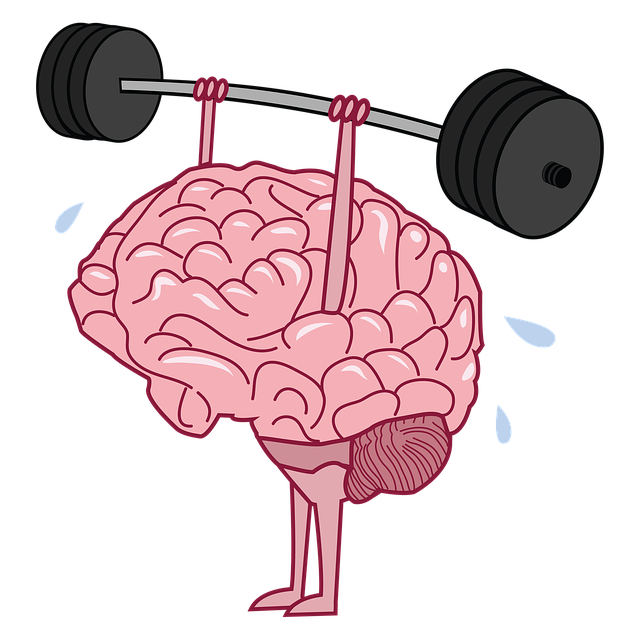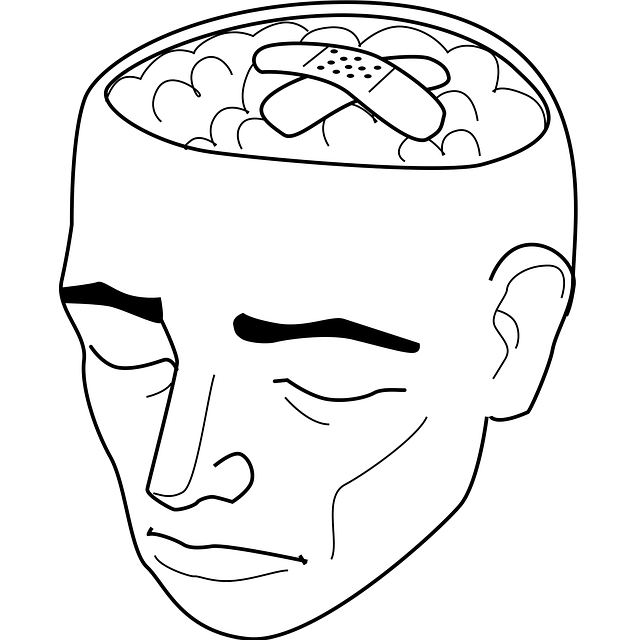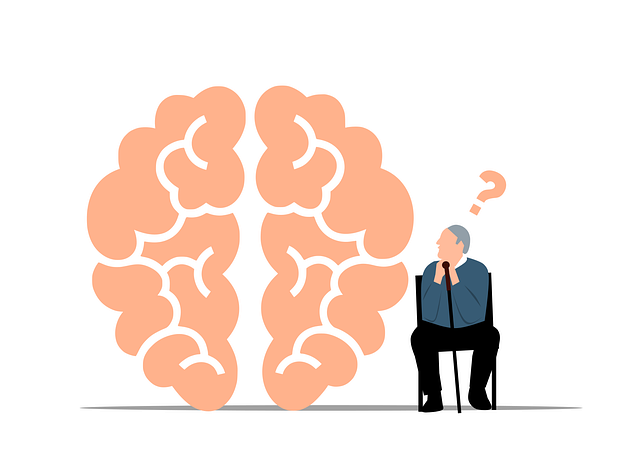Lakewood ADD-ADHD Therapy emphasizes the importance of coping skills in managing life's challenges, particularly for individuals with Attention Deficit Disorder (ADD) or ADHD. Through a holistic approach combining evidence-based practices like Cognitive Behavioral Therapy and Mindfulness Training, they teach personalized strategies for stress management, emotional regulation, improved focus, and impulse control. This includes self-care techniques (mindfulness, physical activity, sleep), relaxation methods (deep breathing, meditation), social connections, and Depression Prevention techniques, ultimately fostering long-term mental wellness tailored to each client's unique needs.
Coping skills are essential tools for navigating life’s challenges and maintaining mental well-being. This article explores the significance of these skills and provides practical strategies for their development, particularly focusing on individuals with ADHD. We delve into how Lakewood ADD-ADHD Therapy offers a comprehensive approach to enhancing coping abilities, ensuring folks can effectively manage stress, anxiety, and other obstacles. By understanding and mastering these techniques, anyone can foster resilience and improve overall quality of life.
- Understanding Coping Skills and Their Importance
- Strategies for Developing Effective Coping Mechanics
- Lakewood ADD-ADHD Therapy: A Comprehensive Approach to Enhancing Coping Skills
Understanding Coping Skills and Their Importance

Coping skills are a set of strategies individuals use to navigate and overcome life’s challenges. They play a pivotal role in mental wellness, especially for those with conditions like Attention Deficit Disorder (ADD) or ADHD. In the context of Lakewood ADD-ADHD Therapy, understanding and developing effective coping mechanisms is essential. These skills enable people to manage stress, regulate emotions, and maintain a sense of balance, ultimately fostering resilience building.
By incorporating self-care practices into daily routines, individuals can enhance their mental wellness. Simple strategies such as mindfulness exercises, physical activity, and adequate sleep can significantly impact one’s ability to cope with life’s ups and downs. Resilience is not just about overcoming adversity but also learning to adapt and thrive in the face of challenges, which is a key aspect of self-care practices that contribute to long-term well-being.
Strategies for Developing Effective Coping Mechanics

Developing effective coping mechanics is a crucial aspect of maintaining mental wellness. At Lakewood ADD-ADHD Therapy, our professionals emphasize the importance of tailored strategies for each individual. One key approach involves identifying and understanding one’s triggers – whether stress, anxiety, or emotional setbacks – followed by learning relaxation techniques such as deep breathing exercises and mindfulness meditation to mitigate their impact. These practices not only enhance emotional healing processes but also empower individuals to navigate challenging situations with greater resilience.
Moreover, fostering strong social connections and engaging in regular physical activity are integral parts of a holistic mental health policy analysis and advocacy. Social support networks provide a sense of belonging and can offer valuable perspectives during difficult times. Meanwhile, physical exercise releases endorphins, which boost mood and reduce symptoms of anxiety and depression. By incorporating these strategies into daily routines, individuals can develop robust coping mechanisms that contribute to overall mental wellness.
Lakewood ADD-ADHD Therapy: A Comprehensive Approach to Enhancing Coping Skills

Lakewood ADD-ADHD Therapy offers a comprehensive approach to enhancing coping skills for individuals navigating Attention Deficit Disorder (ADD) or Attention Deficit Hyperactivity Disorder (ADHD). This holistic program recognizes that effective coping isn’t just about managing symptoms; it’s about empowering individuals to thrive. Through a blend of evidence-based practices, including Cognitive Behavioral Therapy and Mindfulness Training, the therapy provides tailored strategies for improving focus, impulse control, and emotional regulation.
The Mental Wellness Coaching Programs Development at Lakewood goes beyond traditional therapy by incorporating communication strategies designed to foster healthier relationships and improve social interactions. By addressing underlying challenges and promoting positive coping mechanisms, this approach not only helps individuals manage their ADD-ADHD but also supports their overall mental wellness. Additionally, the program subtly integrates Depression Prevention techniques, ensuring that participants are equipped to recognize and counteract signs of depressive disorders.
Coping skills development is a vital aspect of overall well-being, especially for individuals with ADD/ADHD. By understanding and implementing effective coping strategies, one can navigate life’s challenges more seamlessly. Lakewood ADD-ADHD Therapy offers a comprehensive approach to enhancing these skills, providing personalized support and guidance to help individuals manage stress, anxiety, and emotional regulation. Through innovative techniques and a dedicated team, this therapy ensures folks equipped with the tools to thrive despite life’s complexities.











